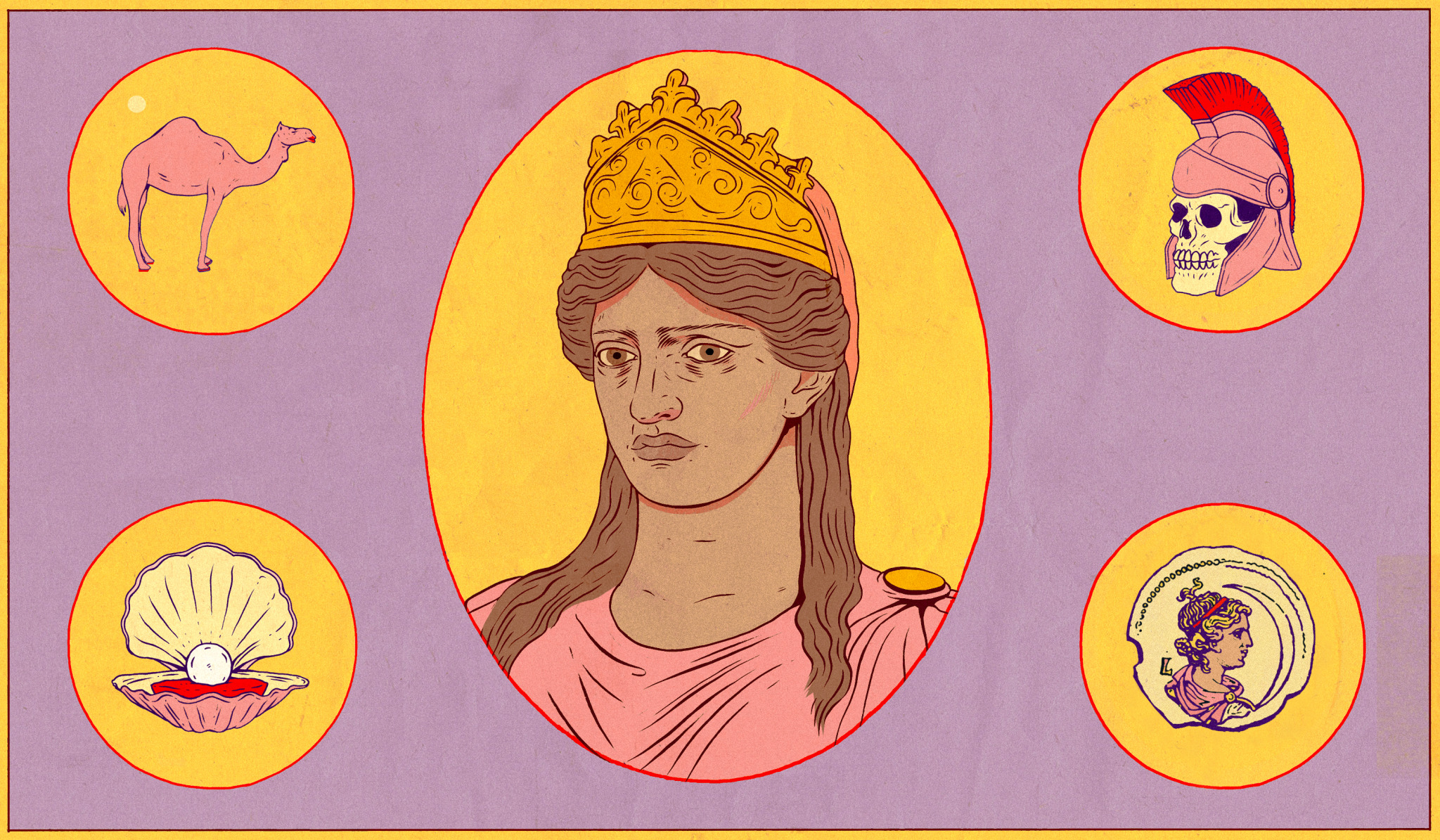👑 Queens of Infamy 👑


Queens of Infamy
👑 👑 👑 👑 👑 👑 👑 👑 👑 👑
👸 👸🏻 👸🏽 👸🏼 👸🏾 👸🏻 👸🏿 👸 👸🏼 👸🏻
Queens of Infamy: Catherine de’ Medici
Queens of Infamy: Eleanor of Aquitaine
Queens of Infamy: Joanna of Naples
Queens of Infamy: Josephine Bonaparte, from Malmaison to More-Than-Monarch
Queens of Infamy: Josephine Bonaparte, from Martinique to Merveilleuse
Queens of Infamy: Lucrezia Borgia
Queens of Infamy: The Reign of Catherine de’ Medici
Queens of Infamy: The Rise of Catherine de’ Medici


How a widowed queen became a rebel warrior, defying Roman patriarchy, and leading her people to glory even in defeat
In the 1st century CE, Boudica, warrior queen of the Iceni people, led an army of 100,000 to victory against the mighty Roman Empire. So complete were Boudica’s triumphs that Rome was in danger of losing control of her province. Riding high on a war chariot, daughters behind her, she led her Britons in a vengeful fight for freedom. But what did freedom mean for an Iron Age queen and her people, and what were its limitations under empire?
In the 1st century CE, Boudica, warrior queen of the Iceni people, led an army of 100,000 to victory against the mighty Roman Empire. So complete were Boudica’s triumphs that Rome was in danger of losing control of her province. Riding high on a war chariot, daughters behind her, she led her Britons in a vengeful fight for freedom. But what did freedom mean for an Iron Age queen and her people, and what were its limitations under empire?
Caitlin C Gillespie is an assistant professor of classical studies at Brandeis University in Massachusetts. Her latest book is Boudica: Warrior Woman of Roman Britain (2018).
 s://pauluws.tumblr.com/post/673283554000650240/queens-of-infamy-anne-boleyn-queens-of-infamy
s://pauluws.tumblr.com/post/673283554000650240/queens-of-infamy-anne-boleyn-queens-of-infamy👑 👑 👑 👑 👑 👑 👑 👑 👑 👑
👸 👸🏻 👸🏽 👸🏼 👸🏾 👸🏻 👸🏿 👸 👸🏼 👸🏻
👑 👑 👑 👑 👑 👑 👑 👑 👑 👑


No comments:
Post a Comment